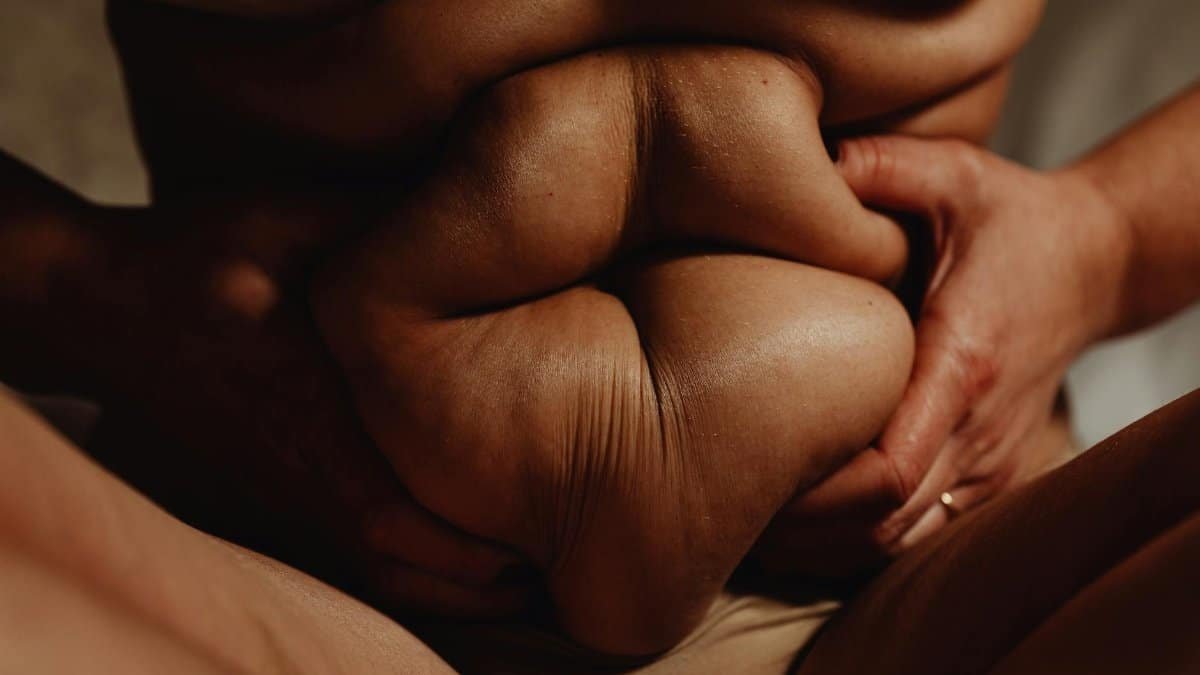What if the ache in your chest isn’t just heartache, but a deeper call to embrace acceptance forgiveness? In a world that prizes productivity over pause, many Americans overlook how unresolved grudges and self-doubt manifest physically. Consider the tightness in your jaw during a heated argument or the fatigue that lingers after a personal setback. These aren’t random symptoms. They signal a need for acceptance forgiveness, that vital process of letting go and welcoming what is. As we navigate 2025’s relentless pace, tuning into these bodily cues could transform how we heal. It’s not about erasing the past. It’s about acknowledging it without letting it define us. This shift isn’t easy, but it’s increasingly relevant amid rising mental health conversations. From therapy sessions to wellness apps, more people are exploring how acceptance forgiveness bridges the gap between mind and body.
The Body’s Silent Language

Our bodies speak in whispers before they shout. Tension headaches, digestive issues, even chronic pain often trace back to emotional baggage we haven’t unpacked. Psychologists note that when we resist forgiveness, stress hormones like cortisol flood our systems, leading to inflammation. One study from the American Psychological Association highlights how holding onto resentment correlates with higher blood pressure. It’s as if the body is archiving every slight, every regret, in muscle and sinew.
Take Sarah, a midwestern teacher in her forties. She described waking up with stiff shoulders every morning, a remnant of years resenting her ex-husband. Only when she began practicing acceptance forgiveness did the knots loosen. This isn’t unusual. Research supports it. A report from the American Psychological Association on Forgiveness explains how letting go reduces physiological stress responses. Yet, it’s not always straightforward. Sometimes, the body resists, clinging to familiar pain like an old habit.
Reflect on that. The next time your back aches after a family gathering, ask what unresolved acceptance you’re dodging. It’s a subtle invitation to delve deeper.
Defining Acceptance Forgiveness
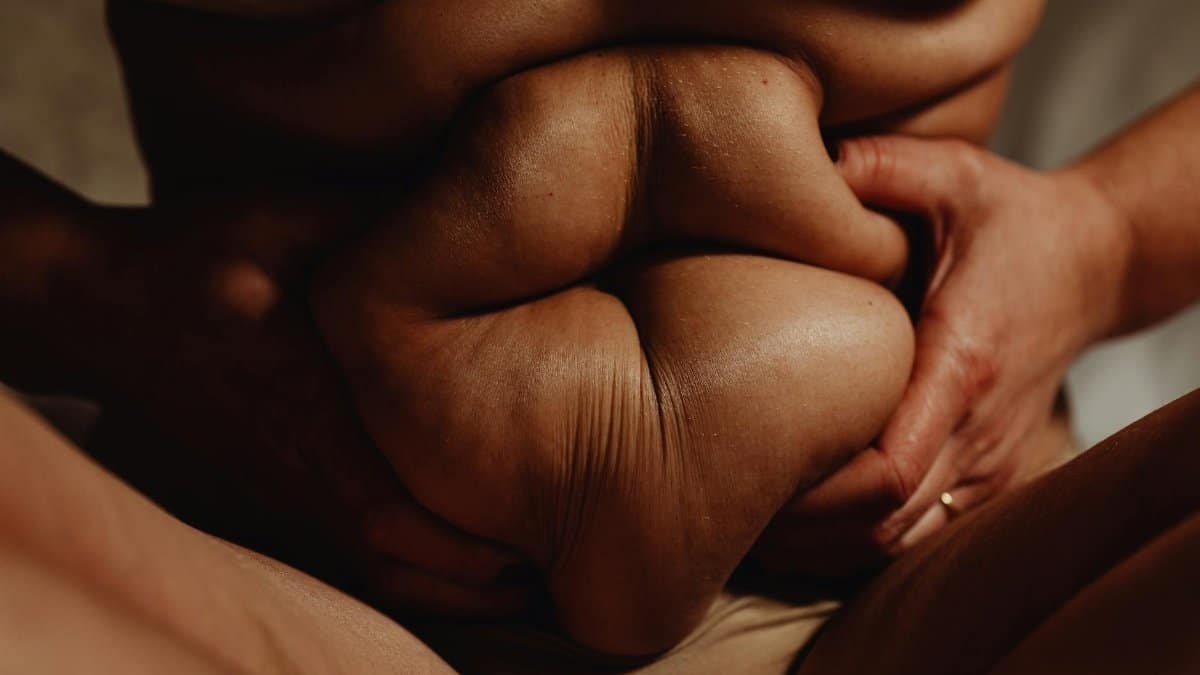
At its core, acceptance forgiveness merges two powerful acts: embracing reality as it is and releasing the hold of past hurts. It’s not passive resignation. Rather, it’s an active choice to stop fighting what can’t be changed. In everyday terms, think of it as forgiving yourself for not being perfect, or extending grace to others who fell short.
Experts differentiate it from mere tolerance. A piece in the Journal of Positive Psychology delves into this, showing how true acceptance forgiveness boosts resilience. One participant in a related study shared anonymously online about feeling lighter after forgiving a childhood bully, not for their sake, but her own. Such stories illustrate the concept’s depth.
Why does this matter now? In 2025, with social media amplifying comparisons, many struggle with self-acceptance. The process invites us to question ingrained narratives. What if forgiving that professional failure opens doors to new opportunities? It’s a framework for growth, grounded in empathy.
When Grudges Take Root Physically

Imagine a garden overgrown with weeds. That’s what happens when grudges embed in our physiology. Neurologists point to the brain’s limbic system, where emotions like anger get stored, influencing everything from sleep to immunity. Unforgiveness acts like a toxin, slowly eroding well-being.
A compelling example comes from a veteran who battled PTSD. He found that acceptance forgiveness, through therapy, eased his constant vigilance. His heart rate stabilized, sleep improved. This aligns with findings from the National Center for Biotechnology Information on Forgiveness and Health, which links emotional release to better cardiovascular health.
But it’s not all smooth. Some face resistance, where the body rebels against change. Short breaths during meditation might signal buried fear. Pushing through requires patience, turning those roots into fertile soil for renewal.
Pathways to Self-Acceptance
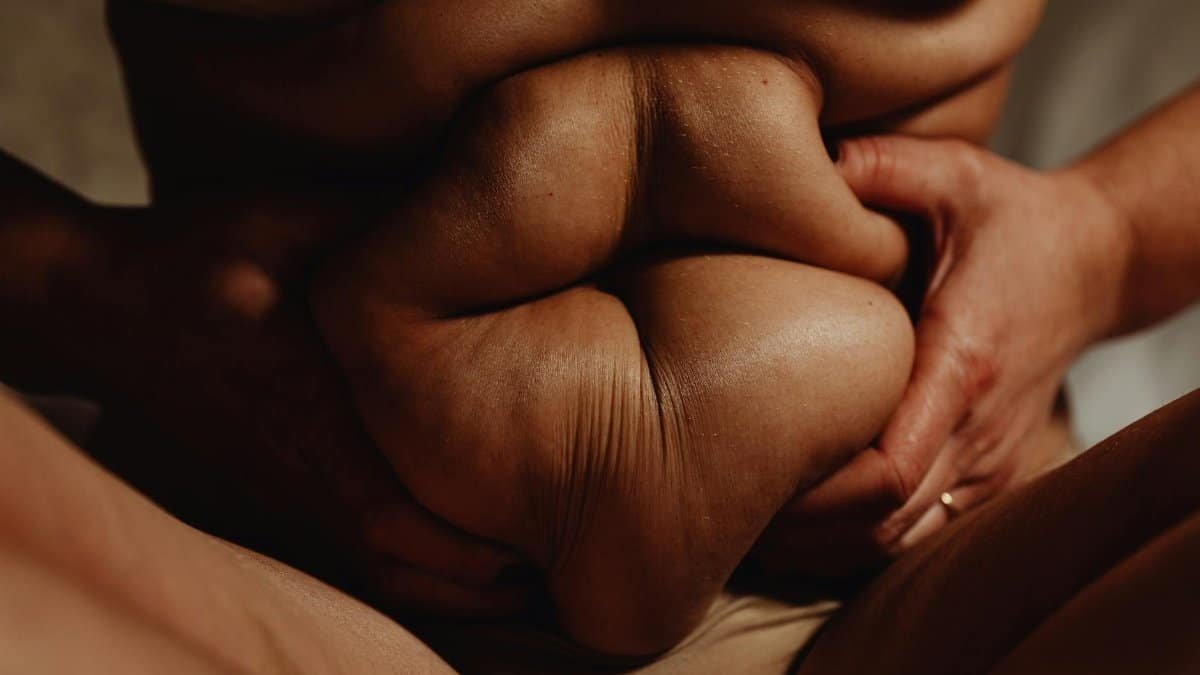
Starting with self-forgiveness often feels like the hardest step. It demands confronting shadows we’d rather ignore. Yet, simple practices can help. Journaling about regrets, then reframing them as lessons, builds momentum.
Consider a New York executive who hit burnout. She integrated acceptance forgiveness by daily affirmations, acknowledging her limits without judgment. Over months, her anxiety waned. This echoes broader trends, as per a Pew Research survey on mental health practices.
Dive into the nuance. Acceptance isn’t blind positivity. It’s honest reckoning. When paired with forgiveness, it fosters authenticity. For many, this pathway reveals hidden strengths, transforming perceived weaknesses into allies.
Mindfulness as a Bridge

Mindfulness isn’t just a buzzword. It serves as a bridge to acceptance forgiveness, training us to observe thoughts without attachment. In sessions, practitioners notice how judgments dissolve, making room for compassion.
One anonymized account from public discussions described a breakthrough: during a guided meditation, waves of forgiveness washed over old family wounds, easing chronic migraines. Such experiences aren’t rare. The CDC’s Data on Meditation and Health shows increased adoption for stress reduction.
Yet, challenges arise. Distractions pull us away. The key? Consistency. Short, daily sessions accumulate, rewiring the brain toward acceptance. It’s a quiet revolution, one breath at a time.
Interpersonal Dynamics and Forgiveness

Forgiveness extends beyond the self. In relationships, acceptance forgiveness mends fractures. It involves seeing others’ flaws without resentment, fostering deeper connections.
Picture a couple in therapy. He forgave her oversight; she accepted his quirks. Their communication flourished. Studies from Harvard’s Grant Study underscore this, linking forgiveness to longer, happier lives.
But tensions exist. What if betrayal runs deep? Here, acceptance forgiveness doesn’t mean forgetting. It’s about boundaries and growth. Navigating this balance requires vulnerability, often leading to profound relational shifts.
Scientific Insights into the Process

Science backs the body’s role in acceptance forgiveness. Neuroimaging reveals that forgiving activates reward centers, similar to pleasure from food or love. This explains the relief many feel post-release.
A landmark study from Stanford University explored this, finding reduced activity in pain-related brain areas after forgiveness exercises. Participants reported less physical discomfort. For details, see the Greater Good Science Center at UC Berkeley on Forgiveness.
Interestingly, not everyone responds the same. Cultural factors influence outcomes. In diverse U.S. communities, tailored approaches yield better results, highlighting the need for inclusive research.
Overcoming Common Obstacles
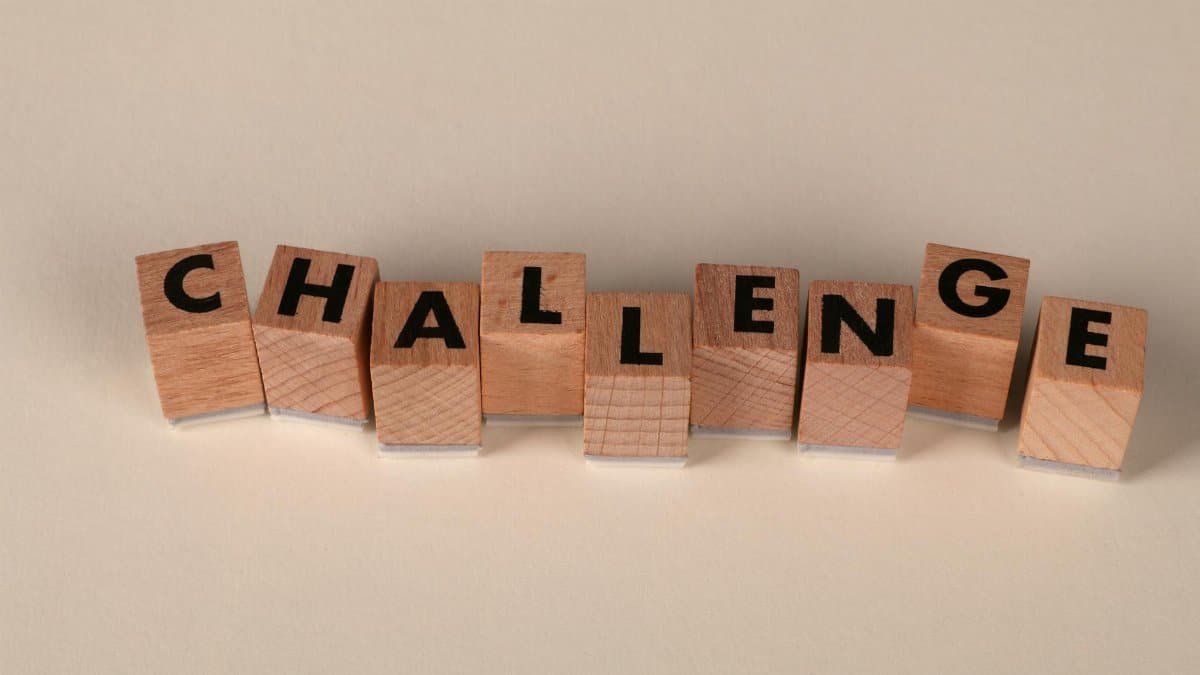
Resistance is part of the journey. Many balk at forgiveness, fearing it excuses harm. Acceptance forgiveness counters this by emphasizing personal liberation, not absolution.
One hurdle: perfectionism. A Seattle artist struggled until she accepted her creative blocks as human. Her work blossomed. This mirrors findings in positive psychology journals.
Another: time. Healing isn’t linear. Setbacks happen, but persistence pays off. Viewing obstacles as teachers reframes the struggle, making the process more approachable.
Real-World Applications in Daily Life

Applying acceptance forgiveness daily transforms routines. At work, forgiving a colleague’s mistake prevents resentment buildup. In parenting, accepting imperfections models resilience for kids.
Anecdotes abound. A retiree in Florida forgave a financial loss, redirecting energy to hobbies. His vitality surged. Broader data from NIH supports such shifts, linking emotional health to longevity.
Integrate it subtly. Morning reflections or evening releases build habits. Over time, the body responds with ease, signaling alignment.
Looking Ahead with Acceptance
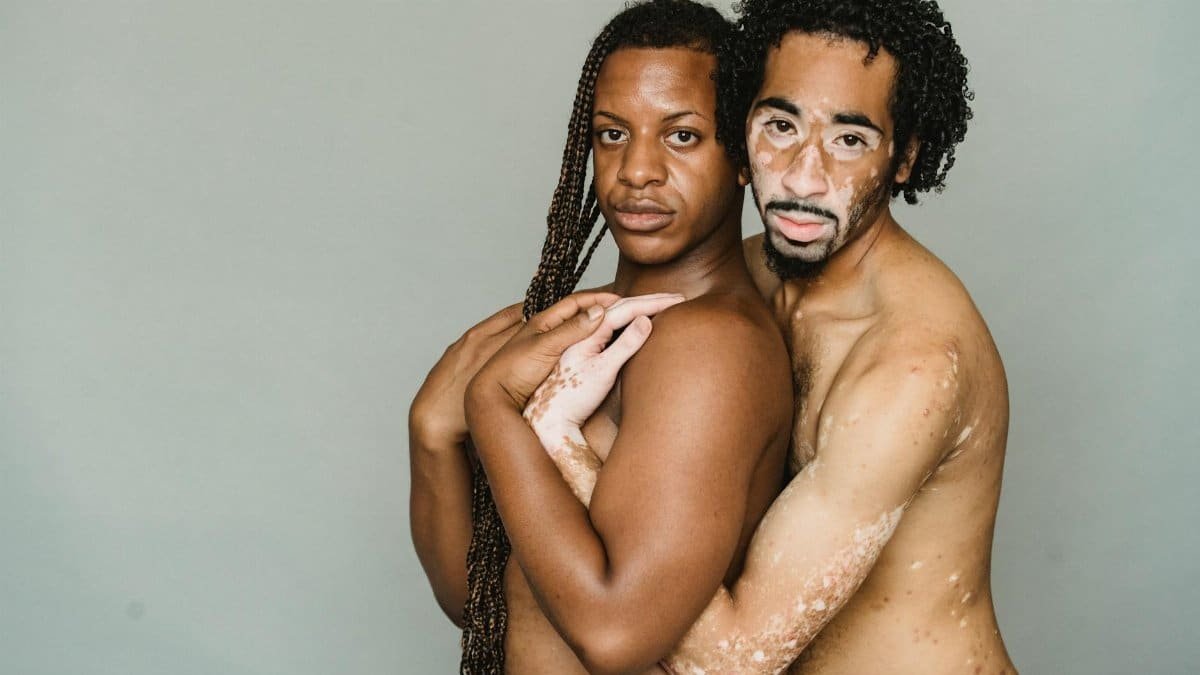
As we move through 2025, acceptance forgiveness gains traction in wellness circles. It’s not a fad. It’s a timeless tool for navigating uncertainty.
Communities are forming around it, from online groups to local workshops. The impact? Reduced societal stress, stronger bonds. Embracing this could redefine personal and collective health.
Ultimately, listening to our bodies about acceptance forgiveness isn’t mystical. It’s practical wisdom, urging us toward wholeness.
